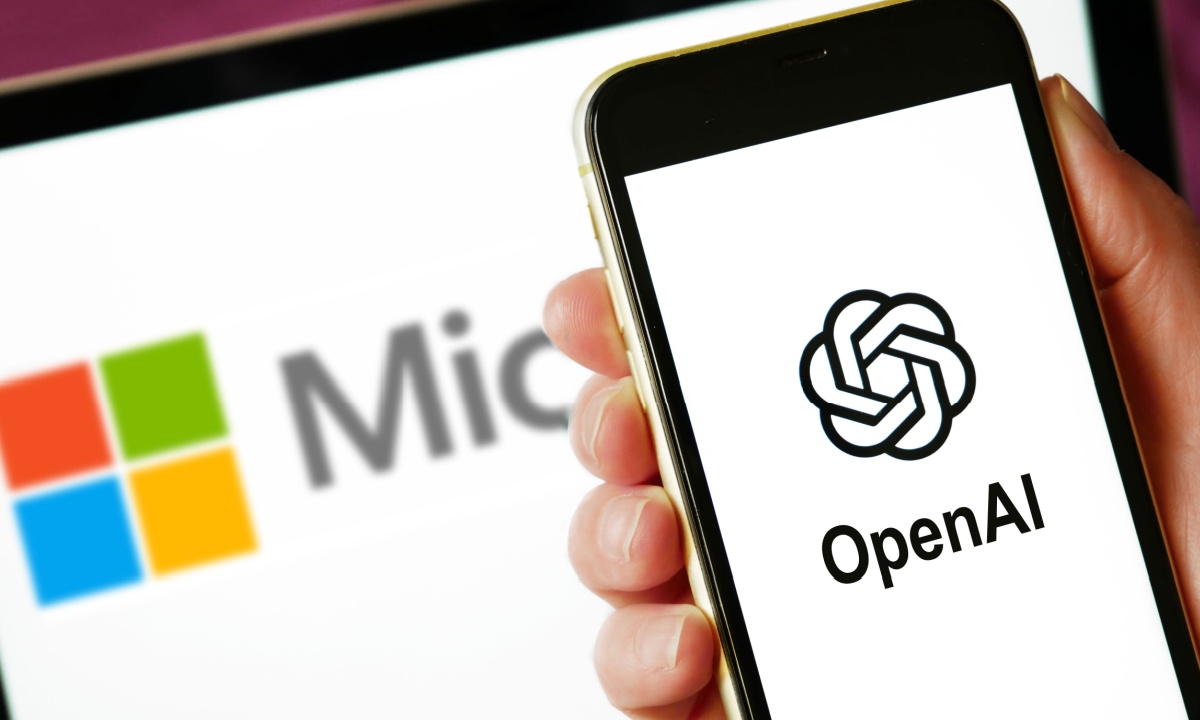OpenAI’s corporate restructuring could reportedly be pushed back to next year.
At issue, according to a Wednesday (Aug. 27) Financial Times (FT) report, are the artificial intelligence (AI) startup’s negotiations with Microsoft, which could complicate plans for a multi-billion dollar fundraising effort.
As the report notes, OpenAI has been engaged in complex talks with Microsoft — its largest benefactor — to rework a commercial contract between the companies that extends until 2030. A deal would let OpenAI complete its restructuring, allowing it to hold equity in the business and set the stage for an initial public offering.
However, multiple sources with knowledge of the talks told the FT the two sides still can’t agree on a few key issues, an impasse that could push negotiations past Dec. 31.
That’s a key date, as a failure to reach an agreement and complete the restructuring before then would allow Japanese conglomerate SoftBank to withhold a $10 billion commitment to OpenAI and could hinder the company’s efforts to raise more capital, the report said.
Sources say there are multiple issues the companies need to resolve, such as Microsoft’s access to OpenAI’s application programming interface (API).
Microsoft has exclusive rights to host OpenAI’s models on its Azure cloud service, making it a key gatekeeper to the technology. However, sources say that OpenAI is lobbying for additional partnerships with Google and Amazon Web Services to increase its API revenues.
The companies are also haggling over Microsoft’s future access to OpenAI’s intellectual property (IP), the sources said, as well as the “AGI clause” in the companies’ contract. This gives OpenAI the right to cut off Microsoft’s IP access if and when the startup achieves “artificial general intelligence” (AGI), which the companies define as “a highly autonomous system that outperforms humans at most economically valuable work.”
The two companies issued a joint statement to the FT describing a “long-term, productive partnership” and optimism that the talks will allow them to continue to work together.
PYMNTS spoke with legal experts earlier this year about the intricacies of OpenAI’s restructuring, which will see the company’s nonprofit parent remain in place but change its capped-profit LLC subsidiary to a public benefit corporation (PBC). A PBC is a for-profit entity that agrees to spend some of its profits on a specific public benefit.
“The unique thing in the case of OpenAI is how they started with this mission to be a responsible, ethical AI-developing company,” Angeli Patel, executive director at the Berkeley Center for Law and Business at the University of California at Berkeley, told PYMNTS.
“Over the past two years, you’ve seen AI take off with OpenAI leading that charge. And the thing that’s happening now is this clear contention between its original ethical AI-first mission and its commercial goals” that appear to be “more important.”

